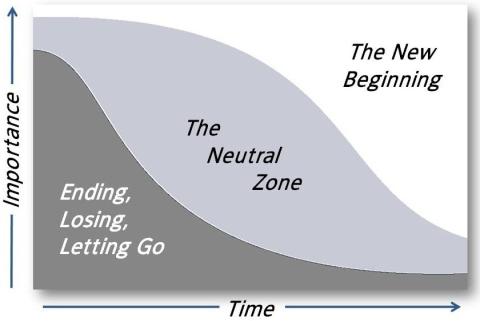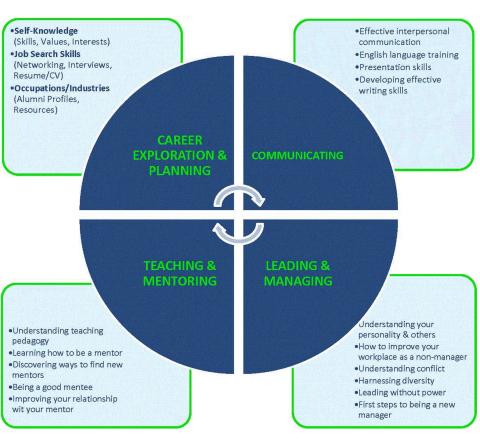Part Two of a Two-Part Series on Transitions *** Before reading this post, take a moment to read Part One - Understanding the Impact of Change*** If you are just arriving at the NIH as a summer student, postbac, graduate student or postdoctoral or clinical fellow, adjusting to your experience at NIH represents a transition that wi
In last week’s blog, we discussed how to receive feedback well by focusing on the types of feedback (ACE – Appreciation/Coaching/Evaluation) you might receive as well as aspects of the feedback which might feel triggering (Truth, Relationship, and Identity Triggers) to you.
Maybe you are not sure how to process your latest performance review at work, or maybe an offhand critical comment has left you ruminating. In any shape or form, receiving feedback is crucial to one’s personal and professional development; however, it can also be extremely challenging to hear.

Happy New Year! It is that time of year to make career resolutions that you will accomplish during the next 12 months. Two years ago, in the New Year Careers Blog we suggested that trainees make an appointment with a career counselor.
I arrived at NIH in October 2015. I attended the workshop “English Communication for Visiting Scientists” (ECVS) workshop in February 2016 because, as non-native speaker, I wanted to improve my communication skills. I remember that I was afraid of asking my PI to sign the written consent I needed to register for it. I soon realized how unwarranted my fear was!



